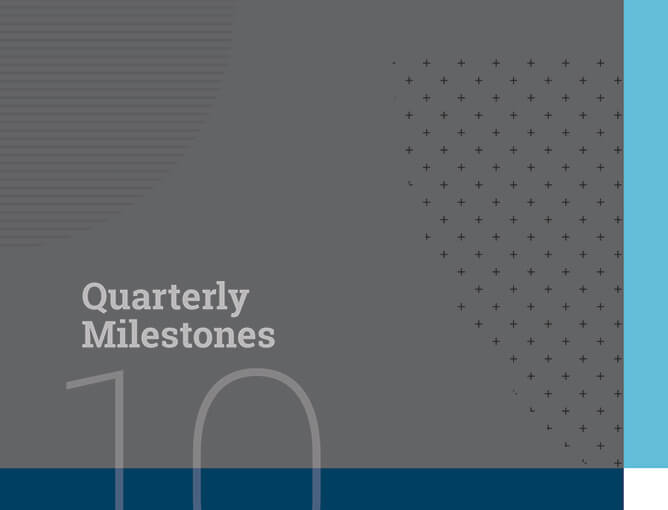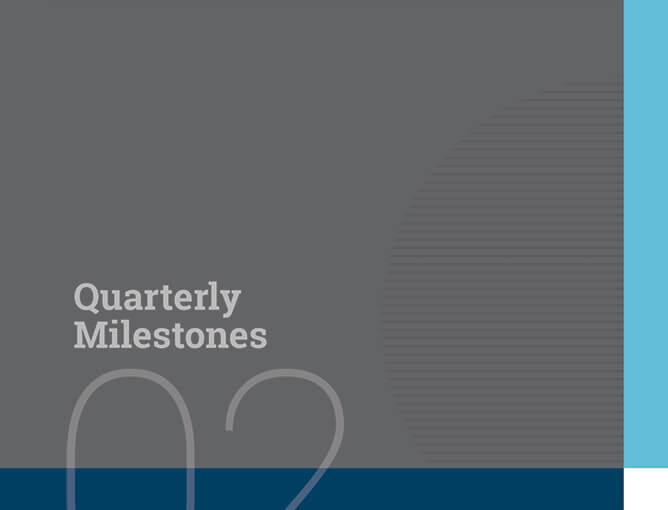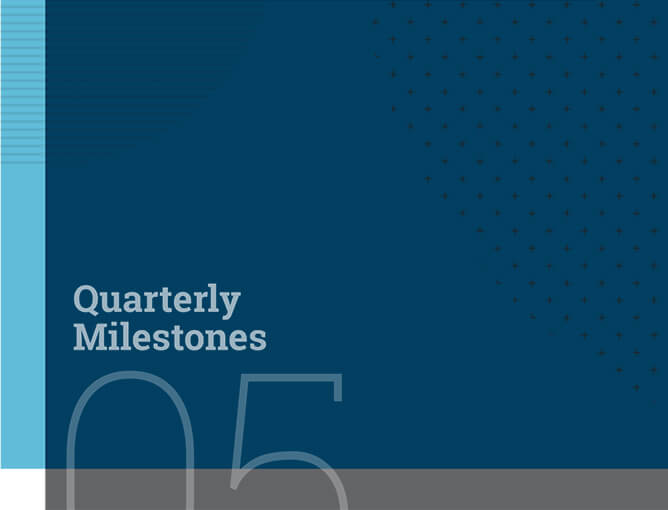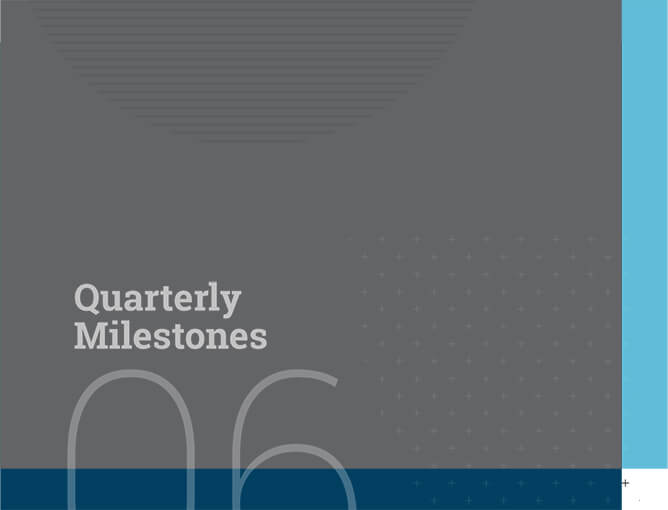
Ananya SonthaliaPartner

Sagar GabaSenior Associate

Vedant TapadiaAssociate
Key Developments
-
Resolution of investors’ disputes through online dispute resolution mechanism
The Securities and Exchange Board of India (SEBI), through Master Circular dated 11 August 2023 (ODR Circular), has introduced an Online Dispute Resolution (ODR) system to resolve disputes in the Indian securities market. This system empowers Market Infrastructure Institutions (MII), including stock exchanges and depositories, to handle disputes through a common Online Dispute Resolution Portal (ODR Portal). The ODR Portal facilitates the resolution of disputes between investors/clients and listed companies, including their registrar and share transfer agents, or any of the specified intermediaries (Market Participant) which now explicitly include investment managers of Alternative Investment Funds (AIF).
Investors or clients must initially file complaints with the relevant Market Participant (in the case of AIFs, with the investment manager). If the issue remains unresolved, they can escalate the dispute through the SEBI Complaints Redress System (SCORES) portal. After going through the SCORES process, if the dispute remains unresolved, investors can initiate dispute resolution through the ODR Portal. Alternatively, if the resolution remains unsatisfactory at the Market Participant level, the investor/client may directly initiate the ODR process without involving SCORES.
As per the ODR Circular, the ODR process can be initiated when disputes:
- fall outside the SCORES escalation processes;
- are not pending before any court, tribunal, arbitral process or consumer forum (including a moratorium under an insolvency resolution process, or liquidation or winding up processes initiated against the Market Participant); or
- are non-arbitrable under Indian law.
The ODR process must be initiated within the applicable limitation period, which begins from the date of the occurrence of the issue or the disputed transaction date, whichever is later.
Implementing the ODR framework for resolution of disputes in the securities market sets a global precedent. It also provides comfort to participants in the securities market as the adoption of ODR should provide for a more efficient and timely system to address grievances, whilst enabling the mechanism to remain affordable, accessible, and accountable.
-
Redressal of investor grievances through the SEBI complaint redressal platform and linking it to the online dispute resolution platform
Parallel with the above development, SEBI, through a circular dated 20 September 2023 (SCORES Circular), has revised the framework for handling and monitoring complaints received through the existing SCORES platform. To harmonise the two systems, disputes pending under the ODR mechanism will not be dealt with through SCORES.
Contrary to the prior stipulation in the ODR Circular, it is noteworthy that the SCORES Circular has subsequently modified the stance - investors now have the liberty to engage with the ODR mechanism even during the SCORES escalation process and need not wait till the SCORES process is completed. In such instances, grievances previously under the purview of SCORES will be considered as disposed.
The revised SCORES mechanism relies on designated bodies, as delineated in Schedule II of the SCORES Circular, to monitor the process of investors’ grievance redressal. However, it is noteworthy that Schedule II does not stipulate a designated body in the event of a dispute arising against the investment manager of an AIF. Consequently, the applicability of the SCORES Circular to AIFs remains uncertain due to this lacuna.
Market Participants have proactively asked SEBI to clarify this ambiguity. As of the date of publication, SEBI is actively engaged in discussions to address this lacuna, and stakeholders can anticipate a new circular or an amendment to the SCORES Circular in the near future to bridge this gap.
-
Reduced time limit for overseas investments by alternative investment funds/venture capital funds
Under the framework governing overseas investments by funds, investment funds like AIFs and Venture Capital Funds (VCF) must seek SEBI approval before investing in offshore venture capital undertakings. This approval used to be valid for six months, which meant these funds had half a year to make their investments. If the AIF/VCF did not make the allocated investments within this six-month period, SEBI could allocate the unutilised limit to other AIFs/VCFs. Following the recommendations of the Alternative Investments Policy Advisory Committee, SEBI, in a significant move, has shortened this time frame from six months to four months with effect from 4 August 2023. This reduced time limit ensures that investment limits are used efficiently and that unutilised limits are made available to other AIFs/VCFs more quickly.
-
Enhanced reporting format for alternative investment funds
A circular dated 14 September 2023 introduced a revised reporting format for AIFs, designed to foster uniform compliance standards and ease the reporting process. Industry associations such as the Indian Venture and Alternate Capital Association and Equalifi (Associations), will provide valuable assistance to AIFs, ensuring they comprehend the new reporting requirements and can address any reporting-related challenges promptly.
As part of the transition to the new format, AIFs will engage with the Associations to conduct a trial run by submitting their quarterly reports for the June 2023 quarter on the SEBI Intermediary Portal by 15 October 2023. The impact of this development is significant as it not only streamlines compliance for AIFs but also contributes to a more transparent and regulated investment landscape.












